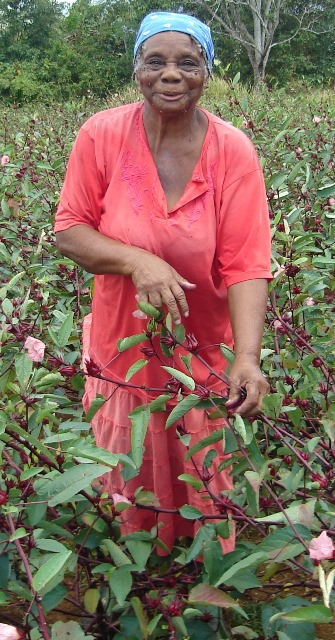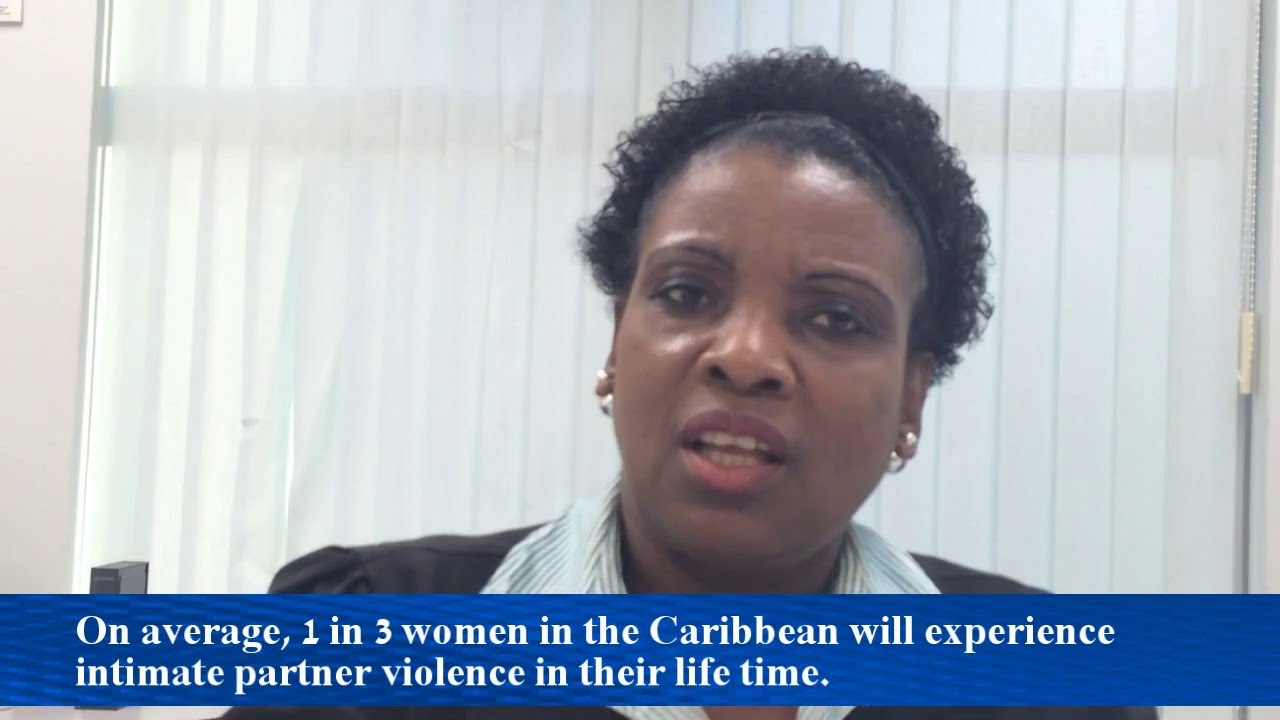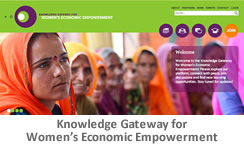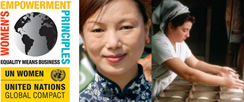Economic Empowerment

For the most part, member states of CARICOM have enshrined gender equality in their constitutional obligations and sex is a prohibited basis of discrimination. Yet gender inequality persists in the culture and in the practices of both state and non-state actors. Women continue to experience inequality in the labour market, with higher unemployment levels despite educational advancements; suffer pay inequity; are segmented in the lowest paying jobs and carry the disproportionate burden of care for children, and other dependents within and outside the home.
Recognising that measures that enhance and secure the financial independence of women; promote their equal participation; and, provide socio-economic protections that would contribute to reduction in poverty and inequality, would enhance the quality of life of women and their families, Caribbean Governments and NGOs in the Caribbean Joint Statement on Gender Equality and the Post 2015 and SIDS Agenda are advocating for a comprehensive and transformative Post 2015 and Small Island Developing States (SIDS) development agenda.
UN Women’s work in this area under its current four year programme cycle focuses primarily on poverty reduction. Under a Joint Programme, UN Women and UNICEF technical and financial support is geared at ensuring the development of Child and Gender Responsive Social Protection policies, programmes and monitoring therein. The three year programme, covering the Eastern Caribbean, is building on the results of joint assessments the two agencies carried out in the period 2011-2013. These country assessments have found that income poverty is concentrated amongst women-headed households. Children, women and the elderly are the most affected, as are those living in rural areas. The specific objectives of the Joint Programme are: Support national governments in establishing and implementing social protection floors for preventing and alleviating poverty, vulnerability and social exclusion in Barbados and the OECS; Improve national social protection legal and policy framework for Barbados and the OECS; and Strengthen national capacities in (a) child and gender responsive social protection, (b) monitoring and evaluation systems for social protection and (3) active labour market programmes in Barbados and the OECS.
UN Women, UNDP, UNICEF and other partners, are working together in developing a multi-dimensional approach to poverty measurement in the Eastern Caribbean, as household income and expenditure alone; do not provide a full understanding of the way in which women and their families experience poverty. A multi-dimensional approach would involve analyzing disparities, in areas such as education, health, household living conditions, among others, in order obtain a deeper understanding of poverty, and how both women, men, girls and boys experience deprivations in these areas.
In addition to the above, UN Women’s work is building on the nascent support provided to date to Domestic Workers Associations/Unions and Governments in the ratification of ILO Convention 189 on Domestic Work. UN Women supported initial baseline assessments and reviews of legislation for domestic workers in three Caribbean territories – Antigua and Barbuda, Barbados and Jamaica. The agency will continue to support both government and civil society partners in strengthening their capacities in promoting and monitoring implementation of decent work standards for domestic workers.


